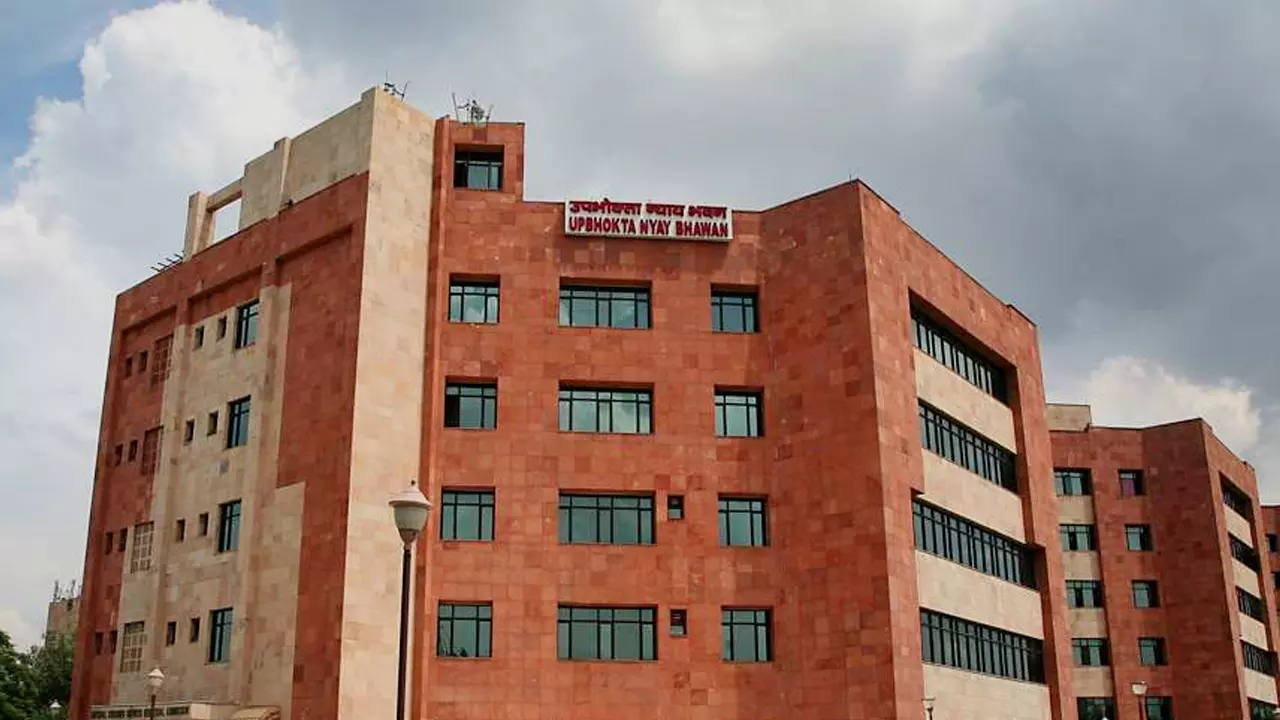No Presumption Regarding Deficiency In Service Can Be Made Unless Proven Otherwise: NCDRC
Ayushi Rani
3 Oct 2024 10:30 AM IST

Next Story
3 Oct 2024 10:30 AM IST
The National Consumer Disputes Redressal Commission, presided by Mr. Subhash Chandra and Dr. Sadhna Shanker, held that no assumption of deficiency in service can be made without evidence, and the responsibility to prove the same lies with the complainant. Brief Facts of the Case The complainant, an NRI residing in the USA, held a bank account with Bank of Baroda (formerly...
